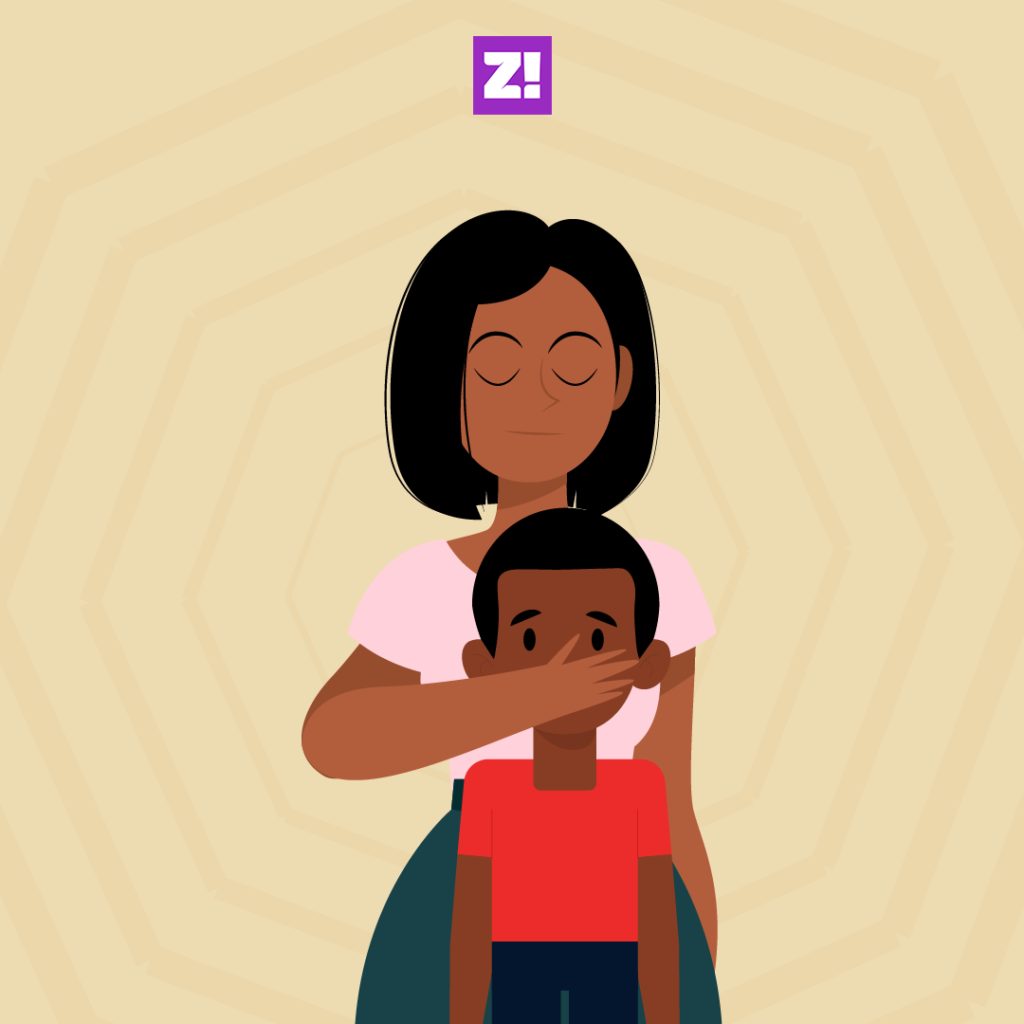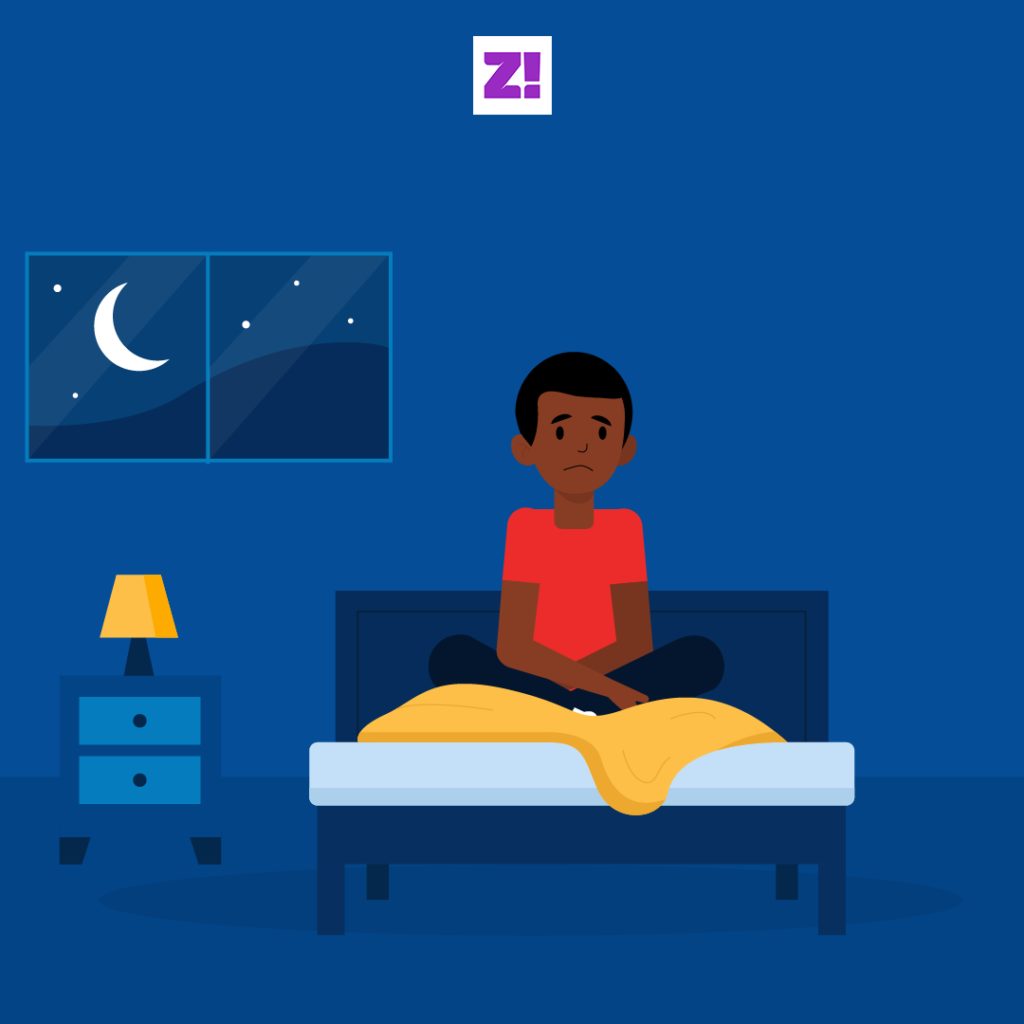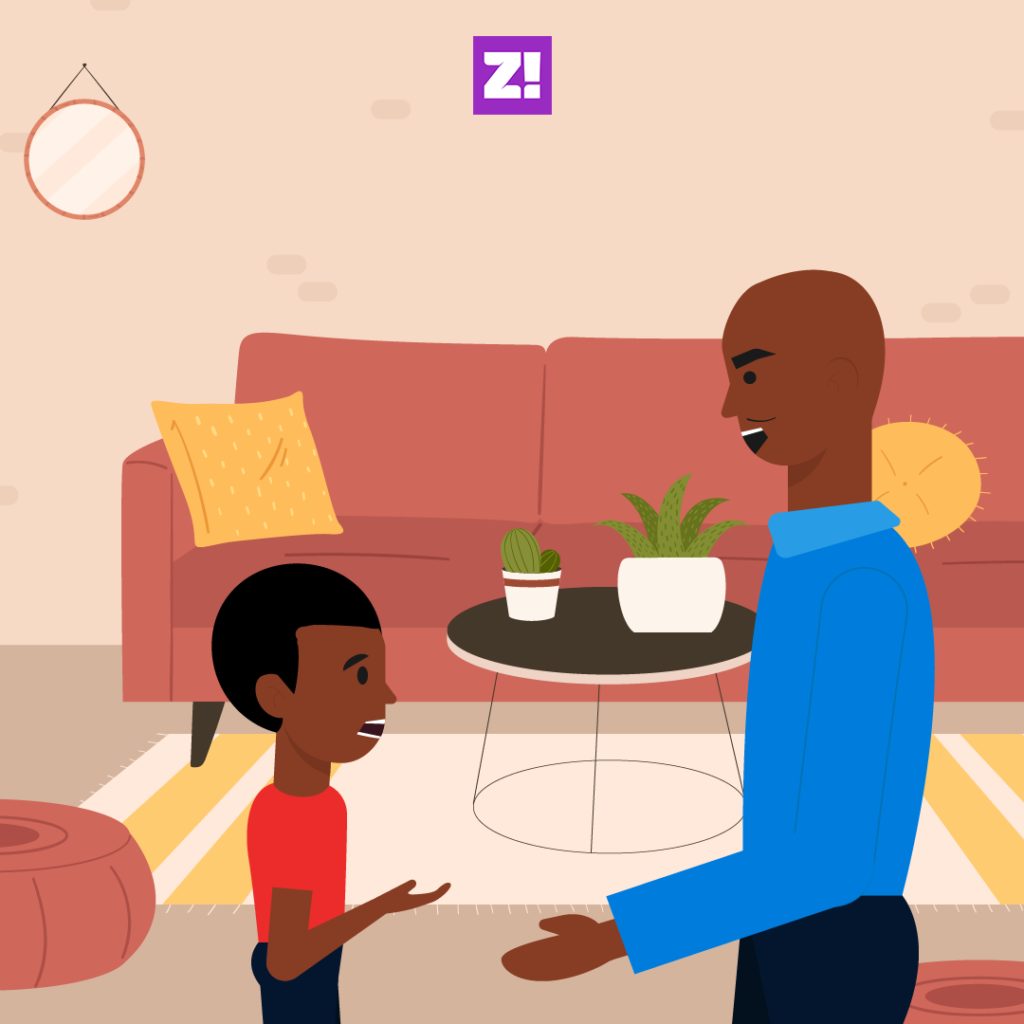Trigger warning: This story features multiple accounts of child sexual abuse.
*Seun was only four when his 17-year-old neighbour sexually abused him.
His parents were doctors, and they regularly sought the help of extended family members, neighbours and friends to look after Seun and his two siblings whenever they had to work long hours or on weekends.
On one of such weekends, a neighbour’s daughter volunteered to watch them. Seun, now 33, still isn’t sure how she managed to get him alone, but he remembers that she summoned him to the couch she was spread across and put his hand between her legs.
“She did her thing until she came. It was such a weird experience for me,” Seun recalls.
In the past year, while interviewing Nigerians of different ages, gender identities and sexual orientations about their sex lives, I noticed a shocking pattern: almost all the men I spoke to had been sexually abused before turning 13, and most of them didn’t even consider their violation to be noteworthy. I found that particularly worrying.
According to a 2015 UNICEF report, one in ten Nigerian boys experience sexual violence before turning 18. For girls, it’s one in four. Sexual abuse, which is defined as “any type of sexual contact or behaviour that occurs without the explicit consent of the recipient,” is endemic in Nigeria, especially against children, who are legally incapable of giving consent.
Seun admits to not fully understanding what was going on at the time, but he remembers enjoying it. That’s why when she told him, “Don’t tell anyone” — a sentence every man I spoke to vividly remembers — Seun didn’t think twice about keeping the secret.
She continued to abuse him for eight more years.

Like many male survivors, Seun found it difficult to acknowledge the prolonged abuse he had suffered as the traumatic experience it was. It wasn’t until he turned 20, six years after his family had packed up and moved far away from his abuser, that he finally opened up to his older sister. She was the one who explained to him that he had been abused.
“My sister was randomly talking to me about how a lot of Nigerian guys lose their virginity to their maids, and it got me thinking about what had happened to me,” Seun says. “I told her everything soon after and she was shocked.”
A 2014 survey by The Cece Yara Foundation reports that Nigerian boys are almost never abused by strangers. The perpetrators are typically people they have personal relationships with, such as family members, neighbours and caregivers. For most of the men I interviewed, their abusers were women who had been brought into their homes to look after them.
Unlike male perpetrators, who are more likely to use violence and force against their victims, female perpetrators tend to groom their victims, using coercion and emotional manipulation to make the abuse seem consensual. This makes it a lot harder for their male victims to effectively interpret what happened as abuse.
*Dayo, 28, who was repeatedly abused by his family’s live-in maid when he was seven, is one male survivor who still downplays the entire ordeal.
“She would make me lie down naked and then climb on top of me,” he says. “I don’t think it affected me in any way. Now, I just remember it as something that happened to me a long time ago.”
Chinelo Nkennor, a certified child trauma practitioner, says it’s impossible for abuse to not affect the victim in some way. From depression and low self-worth to reckless sexual behaviour, the effects may vary from victim to victim, but they always linger.
“Everyone deals with trauma differently, but the damage is very real,” Nkennor told Zikoko.
Boys who are abused are also much less likely than girls to report it. “In my experience, boys rarely get help because they hardly talk about it,” Nkennor said. “Even when they do, it’s usually long after it’s happened.”

Dayo, for example, only opened up to his mother when he turned 18, over a decade after the maid had been fired for unrelated reasons. His mother was devastated.
It’s important to note that even as adults, there are many barriers to men actively seeking professional help. According to the Psychiatric Times, the most common are low mental health literacy, limited resources, fear of negative social consequences, and concerns related to stigma, shame and rejection.
Seun is the only man I spoke to who has seen a mental health professional. With the aid of a therapist, he has been able to unpack how his abuse affected him. One of the major ways being his inability to commit. “I’ve never been in a proper relationship,” he says. “I’ve tried it twice. The first lasted two weeks, and the second lasted three months.”
He also believes the abuse caused him to ignore a core aspect of his sexuality for most of his life. “I think it delayed the realisation that I’m also into men,” Seun says. “For the longest time, I was thoroughly fixated on women — much older women to be precise — but last year, I finally had sex with a man and it was a real awakening for me.”
For boys who are abused by men, there’s the added layer of homophobia. *Ebuka, 32, was abused for months by his 28-year-old uncle when he was 12. “He would make me wear one of my mother’s wigs and pretend to be his girlfriend. He would then kiss and fondle me,” Ebuka recalls. “It continued for months until my mother finally caught him.”
Ebuka, who identifies as gay, knew he liked boys long before the abuse began, but when he eventually came out to his mother many years later, she was convinced his uncle had turned him gay. The homophobic myth that abuse can somehow alter someone’s sexual orientation is just one of the many reasons boys abused by men are hesitant to speak up.
There’s also the issue of how boys are raised in today’s society. From a very young age, men are taught that heterosexual conquest and masculinity are inextricably linked. Sex is framed as something women give and men take. I’ve spoken to a heartbreaking number of Nigerian men who, to this day, brag about losing their virginity to their caregivers, refusing to accept that it was, in fact, abuse.
*Sochi, 28, remembers the excitement he felt at the prospect of being abused by his 21-year-old maid when he was 14. “I had a bunch of friends who always talked about how they were sleeping with their maids, and I used to envy them,” he says. “I was just a clueless teenager with raging hormones.”
So, when she began to ask him inappropriate questions about his relationship status and sexual history, he went along with it. “I didn’t understand why, but I remember thinking it was odd,” Sochi admits. One night, when they were both watching TV alone in the living room, she showed him her vagina. Sochi panicked and ran to his room. It never happened again.
The Child Rights Act, which Nigeria adopted in 2003, declares that anyone convicted of sexually abusing a minor is liable to spend between 14 years to life in prison. According to four different lawyers I spoke to, however, the lack of easily-accessible data around court cases in Nigeria makes it near-impossible to tell how many, if any, of such convictions have been made.
“Getting court case files in Nigeria is a whole hassle, and there are no digital records,” says Femi Fadahunsi, a lawyer and men’s interest writer. “It’s difficult to ascertain an accurate number of convictions.”
For a little more context on Nigeria’s flawed justice system, our criminal code didn’t even recognise men and boys as victims of rape until a few months ago. The amended bill, which was passed in July 2020, substitutes “woman or girl, without her consent” in section 357 of the criminal code with “any person, without consent”.
Unfortunately, even if the system suddenly started working, parents of victims would still pose a significant barrier to seeking justice. Solomon Ayodele, the founder of Boys Quarters Africa, a two-year-old NGO focused on advocating for boys, says the parents of every victim his organisation has tried to help chose, instead, to keep the issue under wraps.
“In all of the cases we’ve directly handled, no parent has allowed us further the issue with the authorities,” Ayodele said. While he acknowledges that a small part of that decision might stem from a general mistrust of Nigeria’s justice system, he’s also certain that it’s mostly due to the belief that boys cannot be abused — a belief he says is “especially held by fathers.”

*James, 27, who was repeatedly abused by his 31-year-old aunt when he was 12, says he still hasn’t forgiven his father for not acknowledging what happened, even after he opened up to him about it.
“He just brushed it aside. He chose his paedophile of a sister over me, and that’s not something I’m ever going to get over,” James says.
As a society, we clearly need to unlearn many things regarding sexual abuse and raising boys. According to Ayodele, the most important thing for people to remember is that boys aren’t yet men.
“They are children. They need to be protected, cared for and raised very deliberately. That’s the only chance they have,” Ayodele concluded.
*Names have been changed for anonymity.




